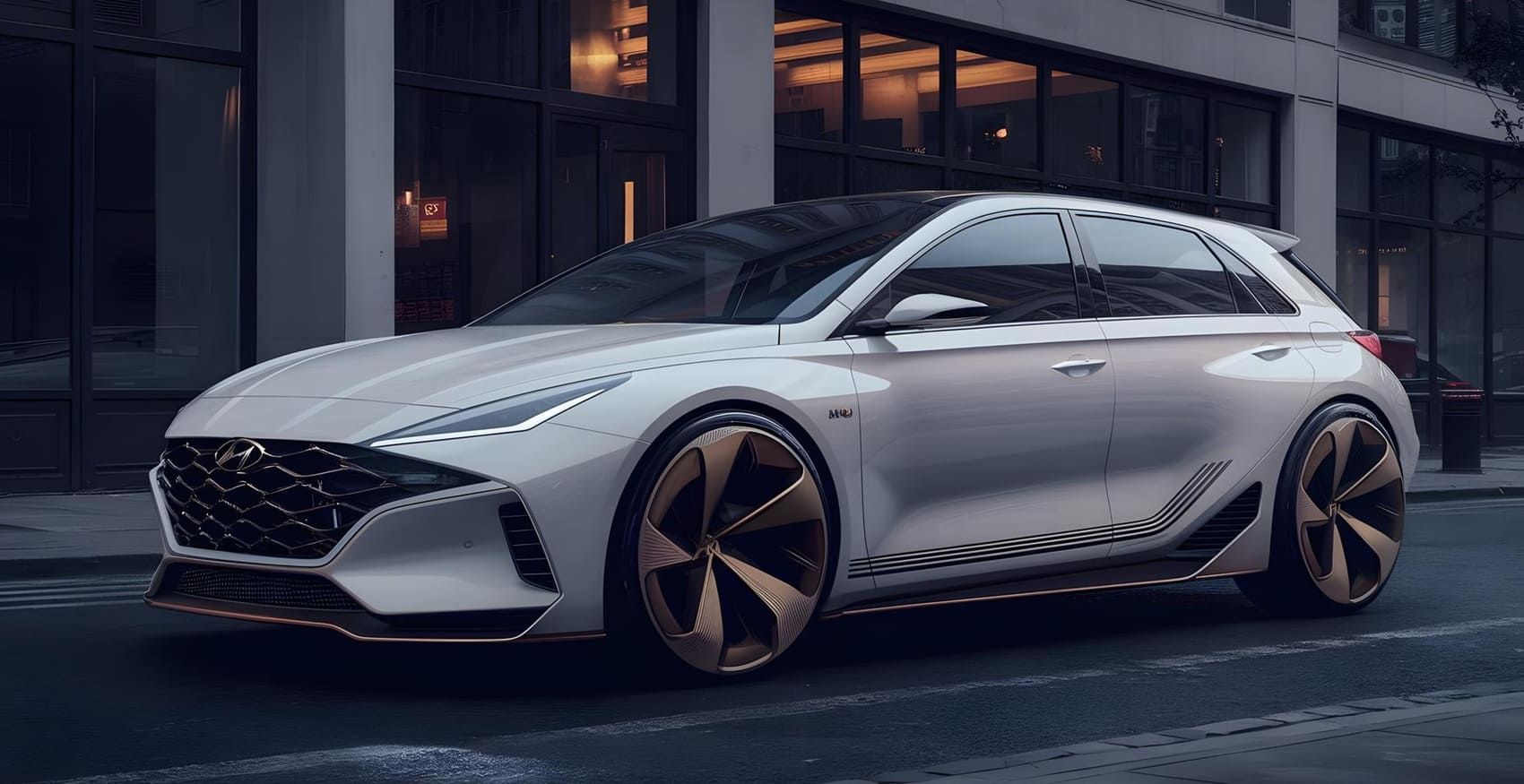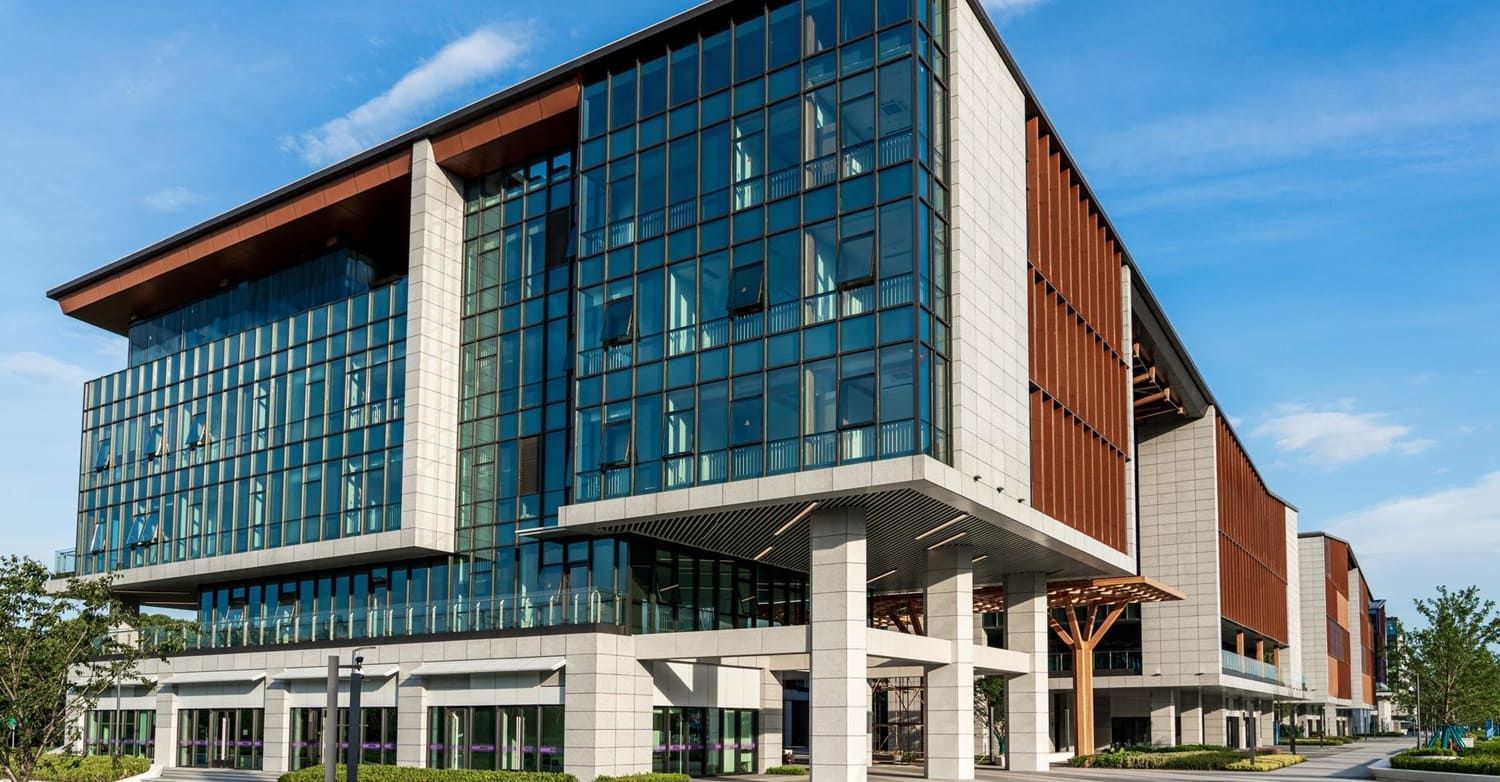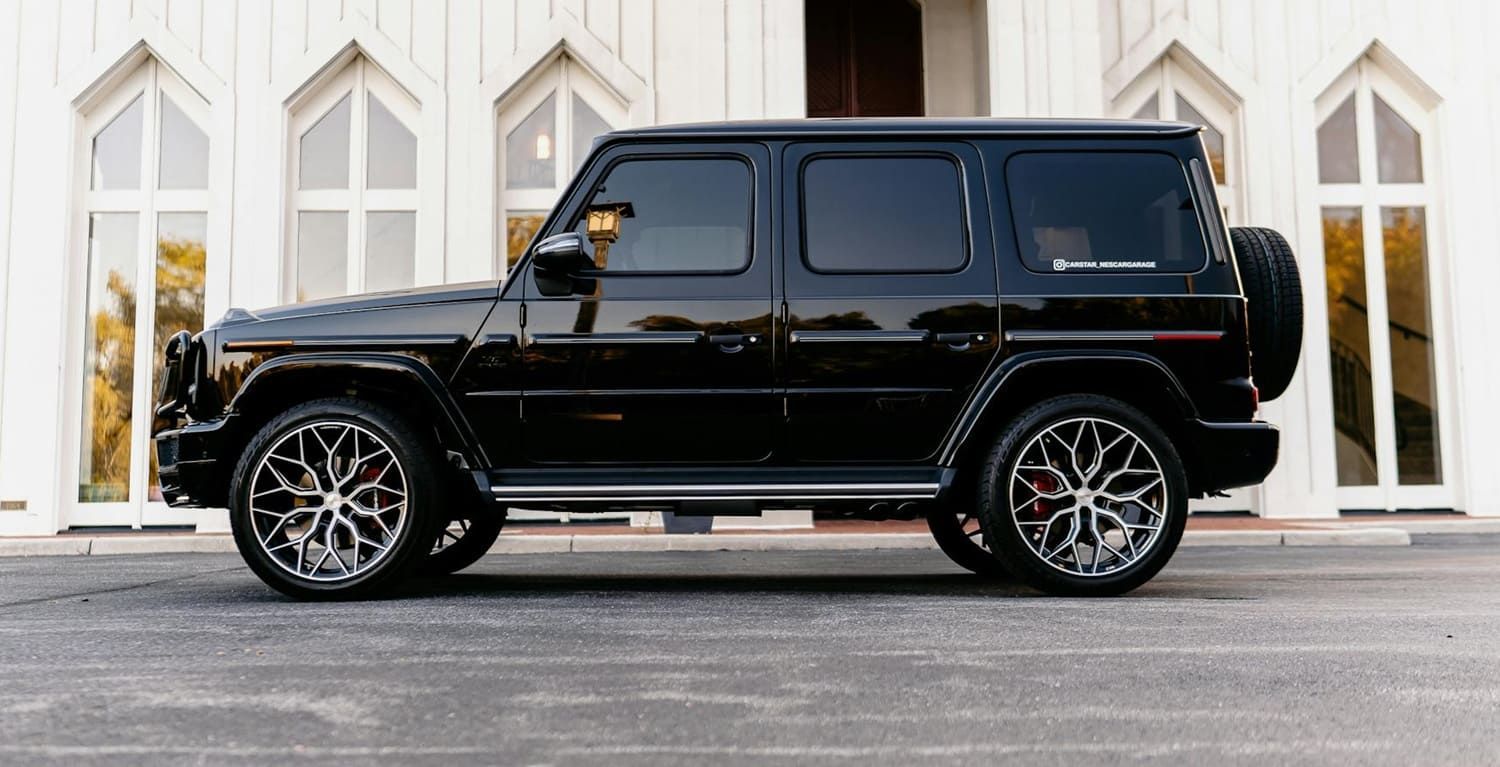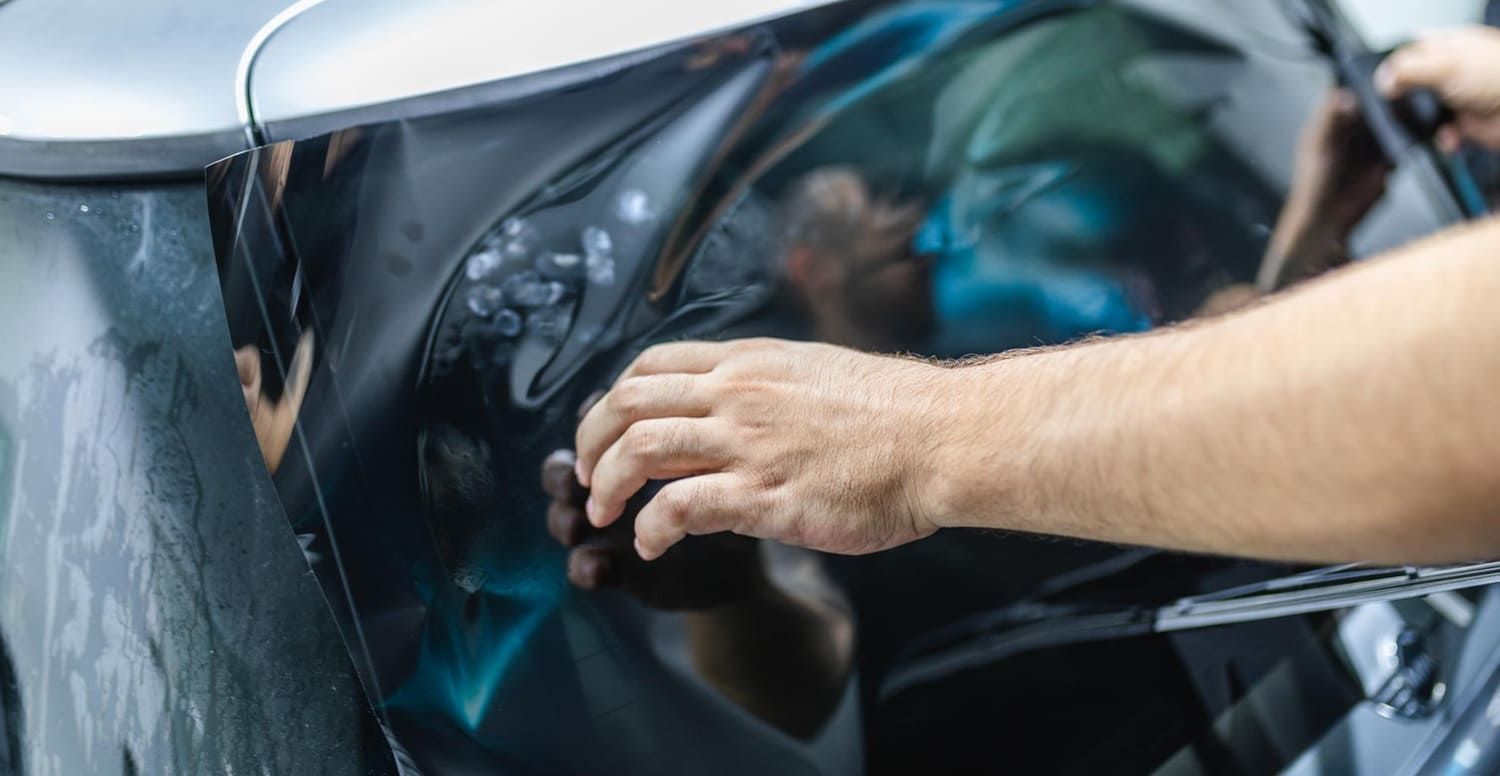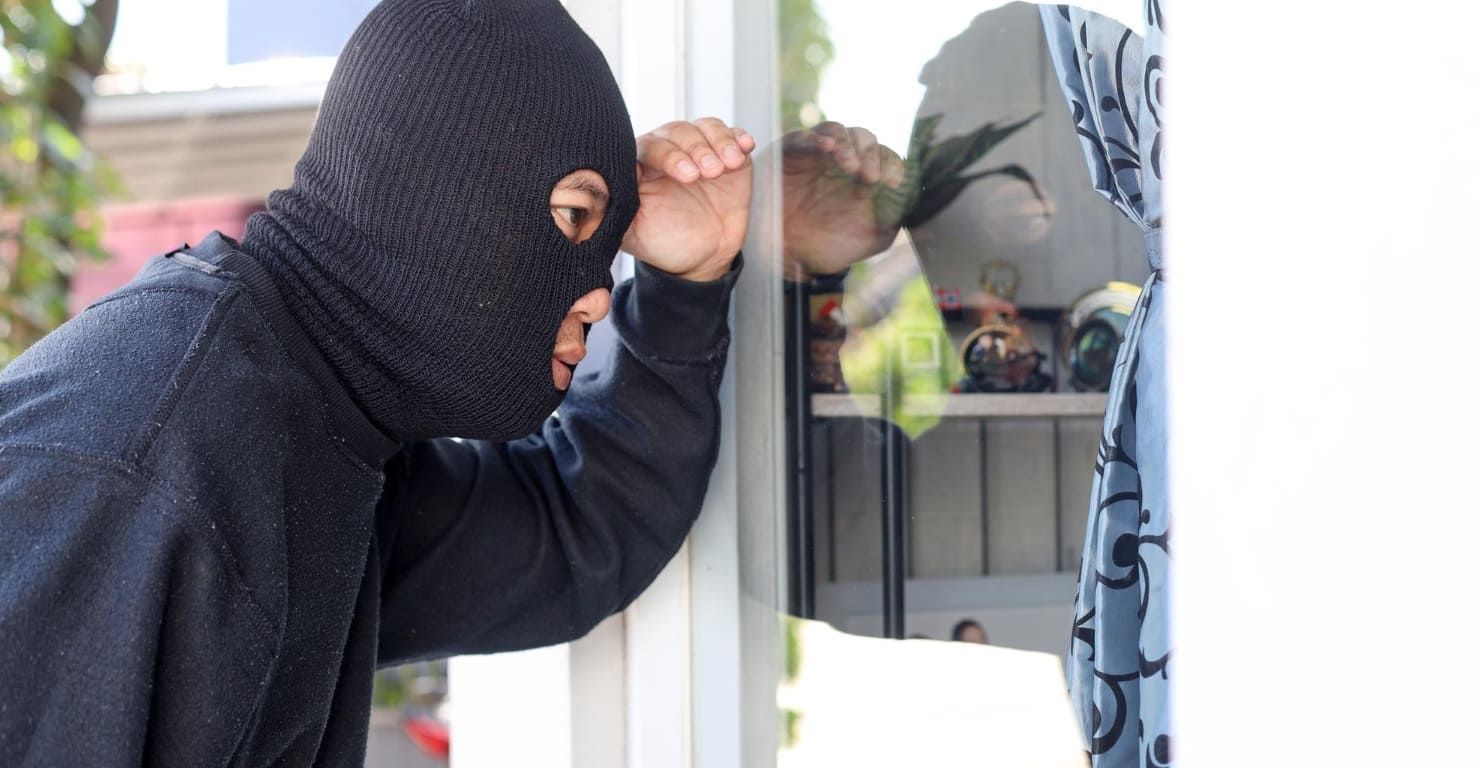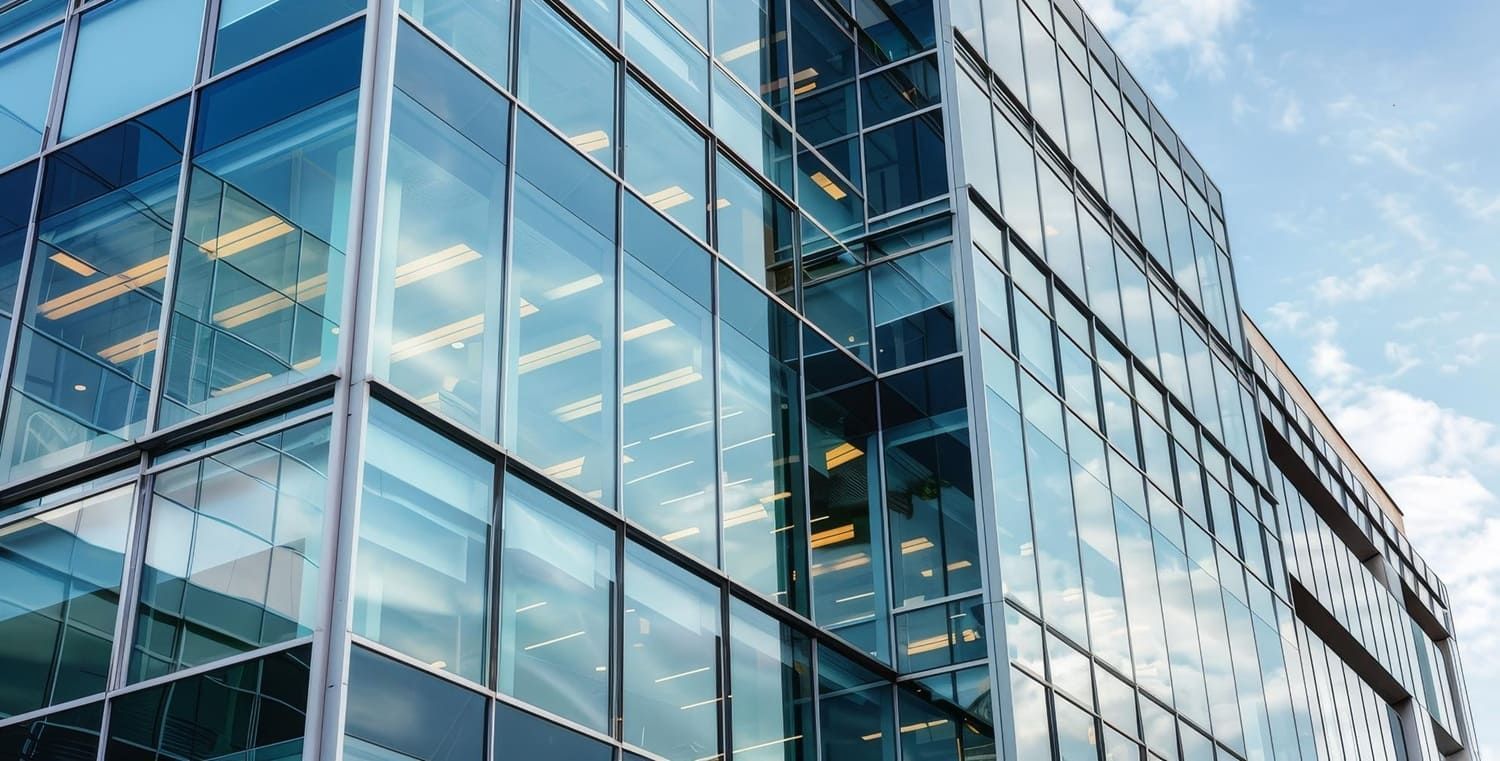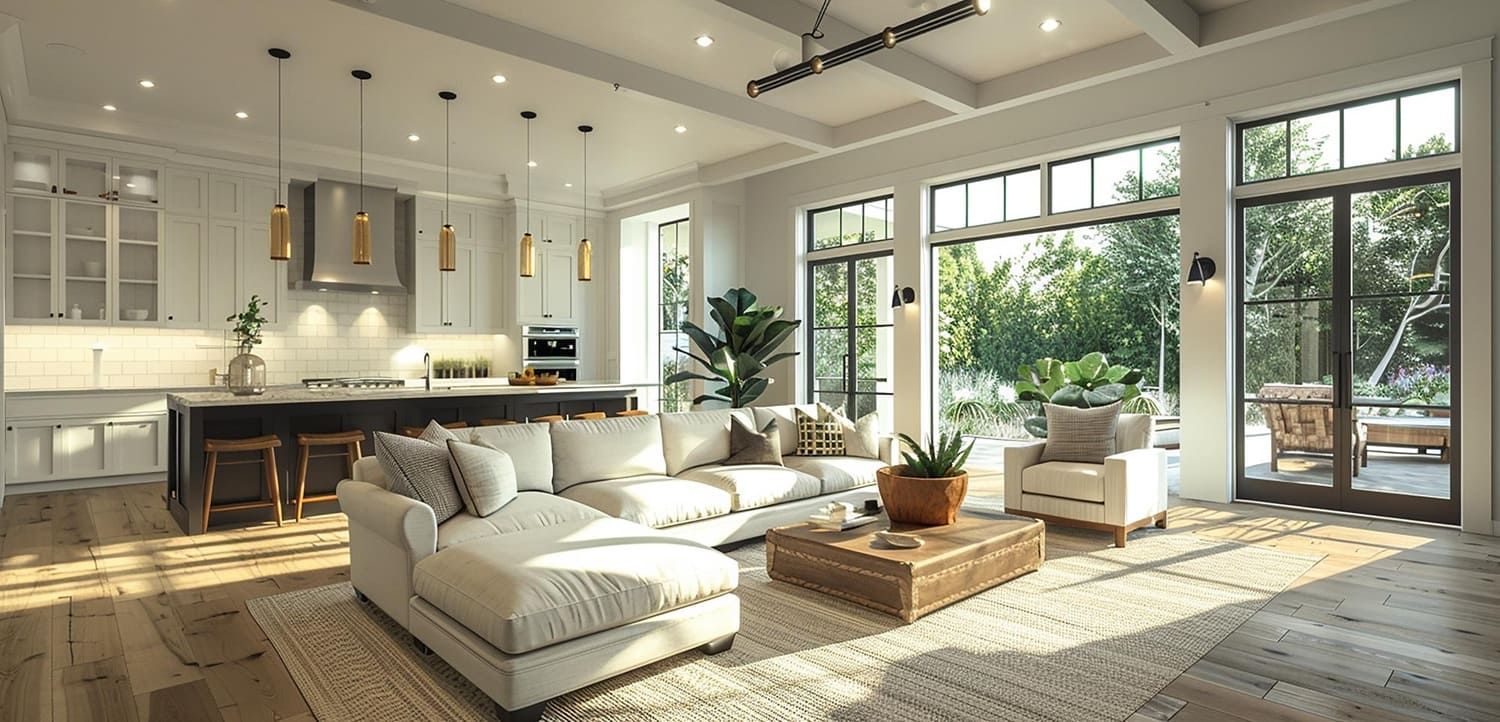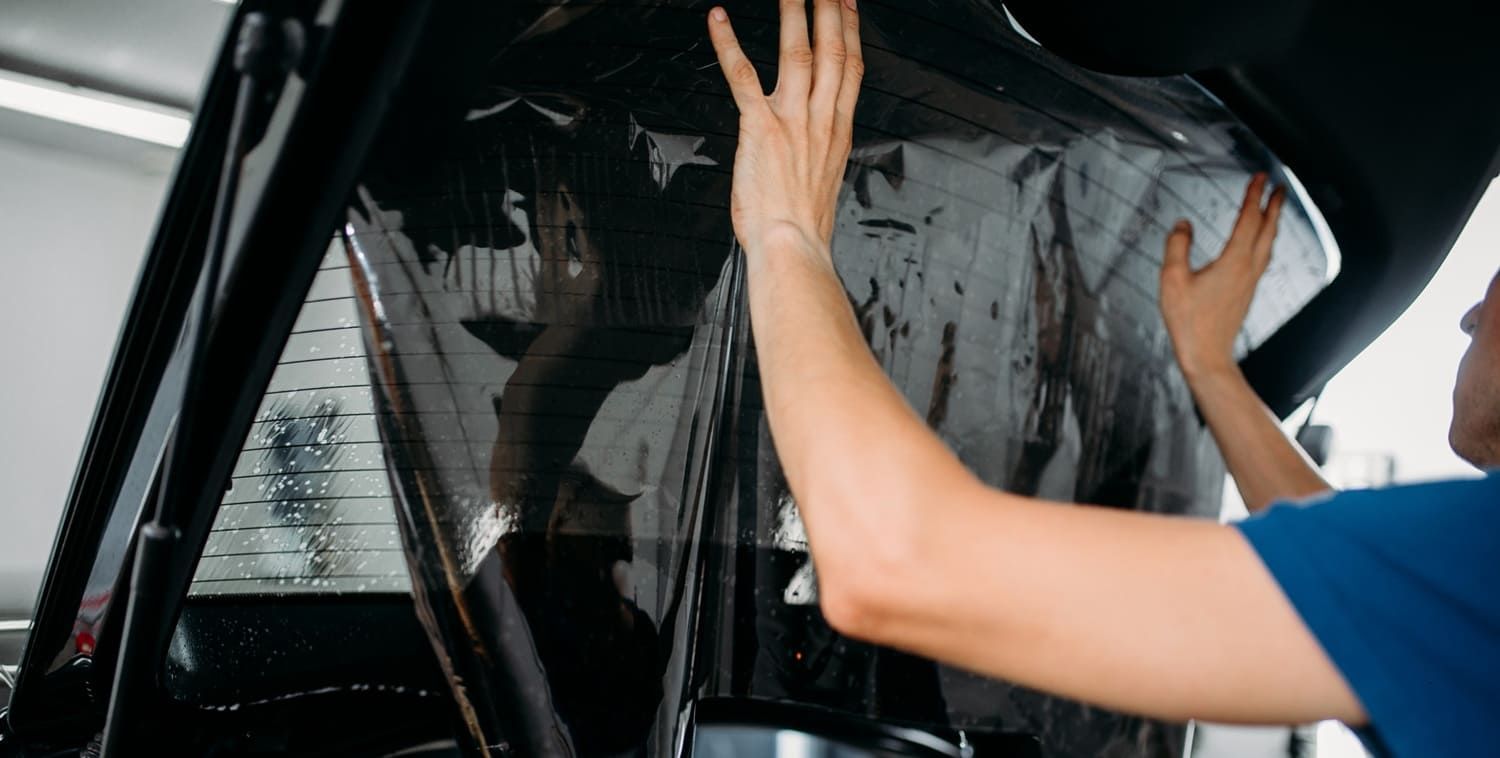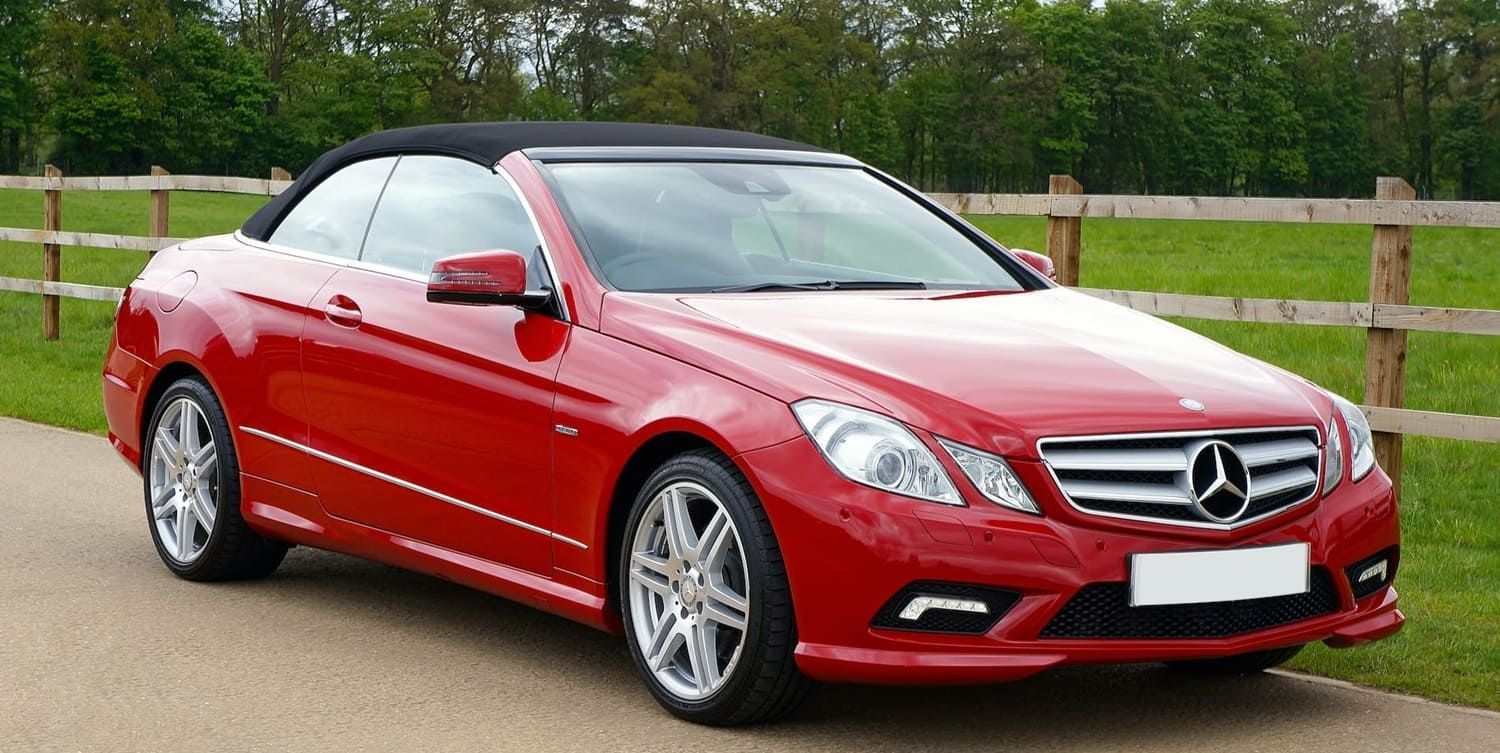When Is the Best Time for Window Tinting Service?
Window tinting is not merely about enhancing the aesthetic appeal of a vehicle; it serves several functional purposes that can significantly impact your driving experience. By reducing glare and blocking harmful UV rays, window tinting contributes to preserving the interior of your car and enhancing your privacy. However, the timing of your window tinting service is crucial, as it can influence both the quality and longevity of the tint. In this guide, we will delve into the optimal times for window tinting and the reasons why timing is so important.
Before exploring the best timing for window tinting, it's important to grasp what the process entails. Window tinting involves applying a thin laminate film to a vehicle's glass surfaces. This film can be composed of various materials, such as dyed, metalized, hybrid, or ceramic, each offering unique benefits and levels of UV protection. Understanding the composition and benefits of different types of window tints is vital for making an informed decision.
The choice of material can impact not only the effectiveness of the tint but also its durability and the level of privacy it provides. For instance, ceramic tints are known for their high UV protection and heat reduction capabilities, whereas dyed tints are more budget-friendly but may not offer the same level of thermal insulation. By understanding these distinctions, you can better align your choice with your specific needs.
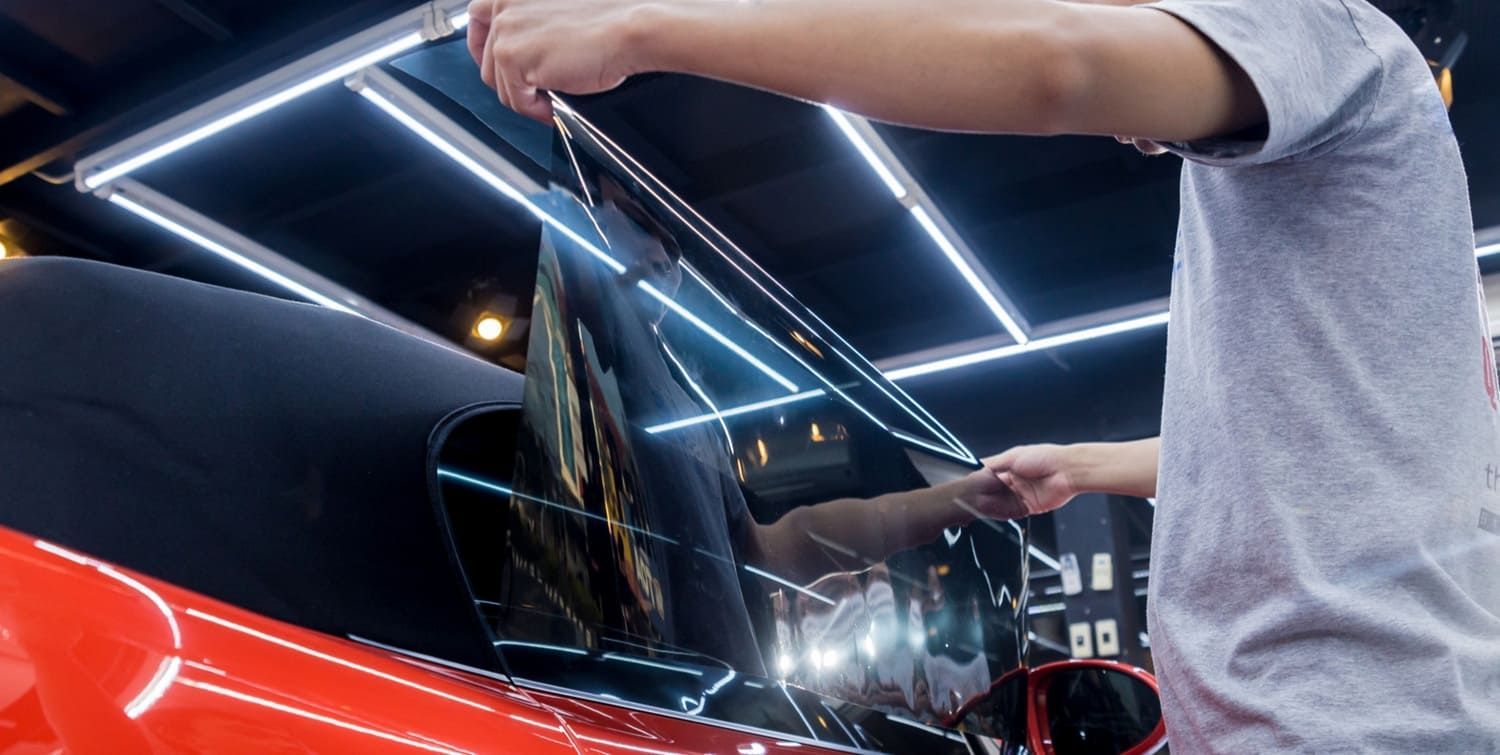
Benefits of Window Tinting
Window tinting provides numerous advantages that go beyond mere appearance. One of the primary benefits is its ability to reduce heat and glare, making driving more comfortable and safer by enhancing visibility. Additionally, it protects the vehicle's interior from fading and cracking due to sun exposure, thereby preserving the car's value over time.
Moreover, window tinting contributes to maintaining a cooler temperature inside the vehicle, which can be especially beneficial during the hot summer months. This not only enhances comfort but can also improve fuel efficiency by reducing the need for air conditioning. The increased privacy that tinting provides is another significant advantage, offering peace of mind by protecting the contents of your car from prying eyes.
Seasonal Considerations for Window Tinting
Timing your window tinting service can greatly impact both the installation process and the final outcome. Different seasons present varying conditions that can affect how well the tint adheres and cures. Here are some seasonal considerations to keep in mind when planning your window tinting.
Spring: A Great Time to Tint
Spring is often considered an ideal time for window tinting due to its moderate temperatures and low humidity levels. These conditions create an optimal environment for the tint's adhesive to bond effectively with the glass, minimizing the risk of common issues such as bubbling or peeling. The pleasant weather also allows for outdoor installations without the complications that extreme temperatures can introduce.
During spring, the steady climate ensures that the curing process is smooth and uninterrupted, leading to a more durable and long-lasting tint. The moderate sunlight during this season also helps the adhesive set properly without the risk of overheating. By choosing spring for your window tinting, you can enjoy a seamless installation process and a high-quality finish.
Summer: Proceed with Caution
While summer is a popular time for window tinting due to the heightened demand for heat reduction, it presents certain challenges that must be navigated carefully. The high temperatures and humidity levels typical of summer can interfere with the curing process, potentially leading to issues such as bubbles and poor adhesion. The intense heat can cause the adhesive to soften too quickly, which may result in an uneven application.
If you decide to proceed with tinting during the summer, it's advisable to ensure that the service is performed in a controlled environment, preferably indoors where temperature and humidity can be regulated. This approach helps mitigate the risks associated with summer tinting, ensuring a smooth installation and optimal performance of the tint.
Fall: Optimal Weather Conditions
Fall offers weather conditions that are similar to those in spring, with mild temperatures and lower humidity levels creating a favorable environment for window tinting. These conditions promote a seamless installation, allowing the film to adhere properly and cure effectively. Additionally, fall is an excellent time to prepare your vehicle for the colder months by reducing glare from the sun, which sits lower in the sky during this time of year.
The stable weather conditions in fall minimize the likelihood of issues such as condensation, which can affect the adhesion of the tint. By choosing to tint your windows in the fall, you can ensure a high-quality installation that will provide effective protection and insulation as the colder months approach.
Winter: Challenges to Consider
Winter presents its own unique set of challenges for window tinting, primarily due to the cold temperatures and increased likelihood of condensation. Cold weather can slow down the curing process, making it essential to take extra precautions to ensure a successful installation. The risk of condensation can also affect the adhesion of the film, potentially leading to peeling or bubbling.
If you opt for window tinting during the winter, it's crucial to have the installation performed in a heated, indoor environment. This controlled setting helps mitigate the challenges posed by the cold weather, allowing the adhesive to bond properly and ensuring a durable finish. Despite the challenges, winter tinting can still be successful with the right precautions in place.
Choosing the Right Window Tint
Selecting the right type of window tint is as important as timing your service. The choice of tint can significantly affect the performance and longevity of the installation. Here are some options to consider when choosing the right window tint for your vehicle.
Dyed Window Tint
Dyed window tint is the most economical option available and is favored for its non-reflective finish, which is excellent for reducing glare. While it provides basic UV protection and enhances privacy, it may not offer the same level of heat reduction as other types. This type of tint is best suited for those who are looking for an affordable solution to improve the appearance and privacy of their vehicle.
Despite its lower cost, dyed window tint does require careful consideration of its limitations. It can fade over time with prolonged exposure to sunlight, which may necessitate more frequent replacements compared to other types of tints. However, for budget-conscious consumers, dyed tint remains a popular choice for its immediate benefits and aesthetic appeal.
Metalized Window Tint
Metalized window tint is known for its durability and effectiveness in reflecting heat, thanks to the metal particles embedded within the film. These particles not only help in reducing heat but also strengthen the window, providing an added layer of protection. However, one potential drawback of metalized tints is their ability to interfere with electronic devices such as GPS and mobile phones.
This type of tint is ideal for those seeking a robust solution to heat reduction and enhanced window strength. Despite the potential for signal interference, the benefits of metalized tint in terms of durability and protection often outweigh this drawback for many users.
Hybrid Window Tint
Hybrid window tints combine the features of both dyed and metalized films, offering a balanced solution that provides good heat reduction and minimal signal interference. This option is ideal for those who want the benefits of both types without the associated downsides. Hybrid tints offer excellent UV protection and durability, making them a versatile choice for many vehicle owners.
By choosing a hybrid tint, you can enjoy the advantages of reduced glare and enhanced privacy while maintaining a strong window that doesn't compromise electronic signal quality. This makes hybrid tints a popular choice for individuals who prioritize both performance and practicality.
Ceramic Window Tint
Ceramic window tints are considered the premium option in the market, known for their superior performance in blocking UV rays and reducing heat without interfering with electronic devices. Although more expensive than other types, ceramic tints offer exceptional clarity and durability, making them a worthwhile investment for those seeking the best in performance and longevity.
The advanced technology used in ceramic tints ensures that they provide excellent visibility while protecting your vehicle's interior from sun damage. For those who prioritize long-term value and top-tier performance, ceramic window tints are the ideal choice, offering a combination of benefits that are unmatched by other tinting options.
Finding a Reliable Tinting Service
When searching for "car window tinting near me," it's essential to choose a reputable service provider to ensure a quality installation. The effectiveness and longevity of your window tint largely depend on the skill and experience of the technicians performing the installation. Here are some tips for finding a reliable tinting service.
Start by looking for businesses with positive reviews and a solid reputation in the community. It's important to verify that the service provider holds proper certifications, as these indicate a commitment to quality and professionalism. Experienced technicians with a track record of successful installations can offer peace of mind that your tinting service will meet your expectations.
Questions to Ask Your Installer
To ensure you're choosing the right service provider, consider asking the following questions:
- What types of tints do you offer, and how do they compare in terms of performance and cost?
- Do you provide a warranty on both the tint and the installation, and what does it cover?
- Can you show examples of previous work or provide customer testimonials to demonstrate your expertise?
- How long will the installation process take, and what precautions do you take to ensure a high-quality finish?
These questions can help you gauge the installer’s expertise and the quality of their service, ensuring you make an informed choice.
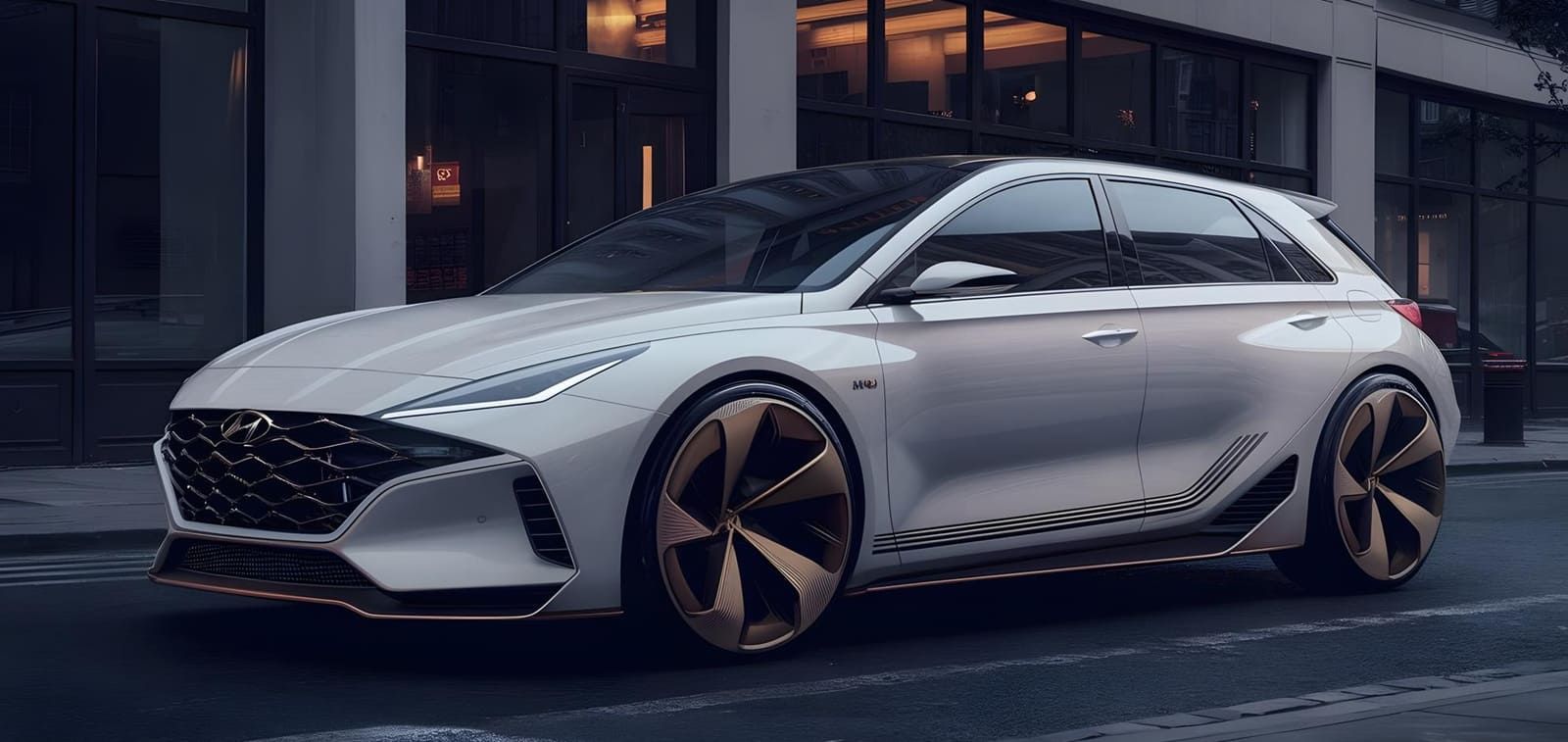
Maintenance Tips for Window Tint
Proper maintenance is crucial for extending the life of your window tint and ensuring it performs optimally. By following these maintenance tips, you can keep your tinted windows looking great and functioning effectively for years to come.
- Avoid rolling down the windows for a few days post-installation to allow the tint to cure completely. This prevents the film from peeling or bubbling before it has fully adhered.
- Use a soft cloth and non-ammonia cleaner to clean tinted windows, as harsh chemicals and abrasive materials can damage the film. Gentle cleaning helps maintain the clarity and appearance of your tint.
- Be gentle when cleaning to prevent scratching or peeling, which can compromise the tint’s integrity. Regular maintenance not only preserves the aesthetic appeal of your tint but also its protective qualities.
Conclusion: Timing is Everything
At Applied Film Technology, the best window tinting installers serving Virginia Beach, Virginia, we know that timing your window tinting service can significantly impact the quality, durability, and long-term performance of your tint. While spring and fall typically offer ideal conditions for installation, selecting the right tint type and working with a trusted professional are just as important for achieving exceptional results.
By carefully considering these factors, you can maximize the many benefits of window tinting—from improved comfort and UV protection to enhanced style and privacy. Whether you're looking for window tint advice, exploring different car window tinting options, or searching for car window tinting near me, making informed choices ensures a smooth, successful experience.
Contact Applied Film Technology today for a free estimate, and let us help you choose the best time, film, and installation approach to protect and elevate your vehicle for years to come.
FAQs About the Best Time to Schedule Window Tinting
Is there a best time of year to get my windows tinted?
Yes. Spring and fall are ideal because moderate temperatures and lower humidity create the best conditions for film curing and installation quality.
Can I get my windows tinted in the summer?
Yes, but extreme heat can make installation more challenging. Reputable shops use climate-controlled environments to ensure a smooth application.
Is winter a bad time for window tinting?
Not necessarily. In colder weather, the curing process may take longer, but indoor installations are still highly effective if done professionally.
How does weather affect tint installation?
Rain, cold, or high humidity can slow down drying and curing. That’s why indoor or shop-based installations are preferred in extreme conditions.
Do temperature and humidity matter during window tinting?
Yes. The ideal conditions are between 60°F and 85°F with low to moderate humidity for optimal adhesion and drying time.
Can I tint my windows during the rainy season?
Yes, if the service is performed indoors. However, post-installation care is critical to avoid rolling down windows or exposing them to moisture too soon.
When is the best time of day to schedule a tint appointment?
Morning or early afternoon appointments are ideal so the film has time to settle and dry before cooler nighttime temperatures.
Should I avoid tinting during extreme heat waves?
If possible, yes. Intense heat can cause premature drying or bubbling during installation if done in non-controlled environments.
Does sunlight help window tint cure faster?
Yes. After installation, sun exposure helps activate the adhesive, especially during the first few days, aiding faster curing.
Can I get my car tinted any time of year with proper facilities?
Absolutely. Professional shops with indoor bays and climate control can tint vehicles year-round without compromising quality.
Is tinting slower to cure in cold temperatures?
Yes. In winter, curing may take several extra days, so you’ll need to wait longer before rolling windows down or cleaning them.
Should I wait for a sale or promotion to schedule tinting?
If budget is a factor, winter months or off-peak seasons may offer discounts since demand is lower at those times.
Is there a bad time to tint home or commercial windows?
Not really, but spring and fall provide optimal conditions for installation and curing without temperature extremes.
Can weather delays affect my window tint appointment?
If the shop is not climate-controlled, bad weather may delay your appointment. Always check in advance and reschedule if needed.
Are weekends or weekdays better for tint service?
Weekdays may offer faster turnaround, while weekends tend to book up quickly. Plan ahead to secure your preferred time slot.
When should I book an appointment to beat the summer rush?
Late winter or early spring is best to avoid long wait times and price increases during peak summer demand.
Is now a good time to get my windows tinted?
If you’re experiencing heat, glare, UV exposure, or privacy issues, then now is the right time. Don’t wait if your needs are year-round.
How long does it take to get window tinting done?
Most tint jobs take 1 to 4 hours depending on the number of windows and vehicle or glass type.
Can I walk in for a tint job or should I schedule ahead?
Some shops accept walk-ins, but scheduling ahead ensures faster service and access to preferred film types and installers.
Does seasonal timing affect tint quality or longevity?
Not when professionally installed. High-quality tint will perform and last the same, regardless of the season it was applied.

